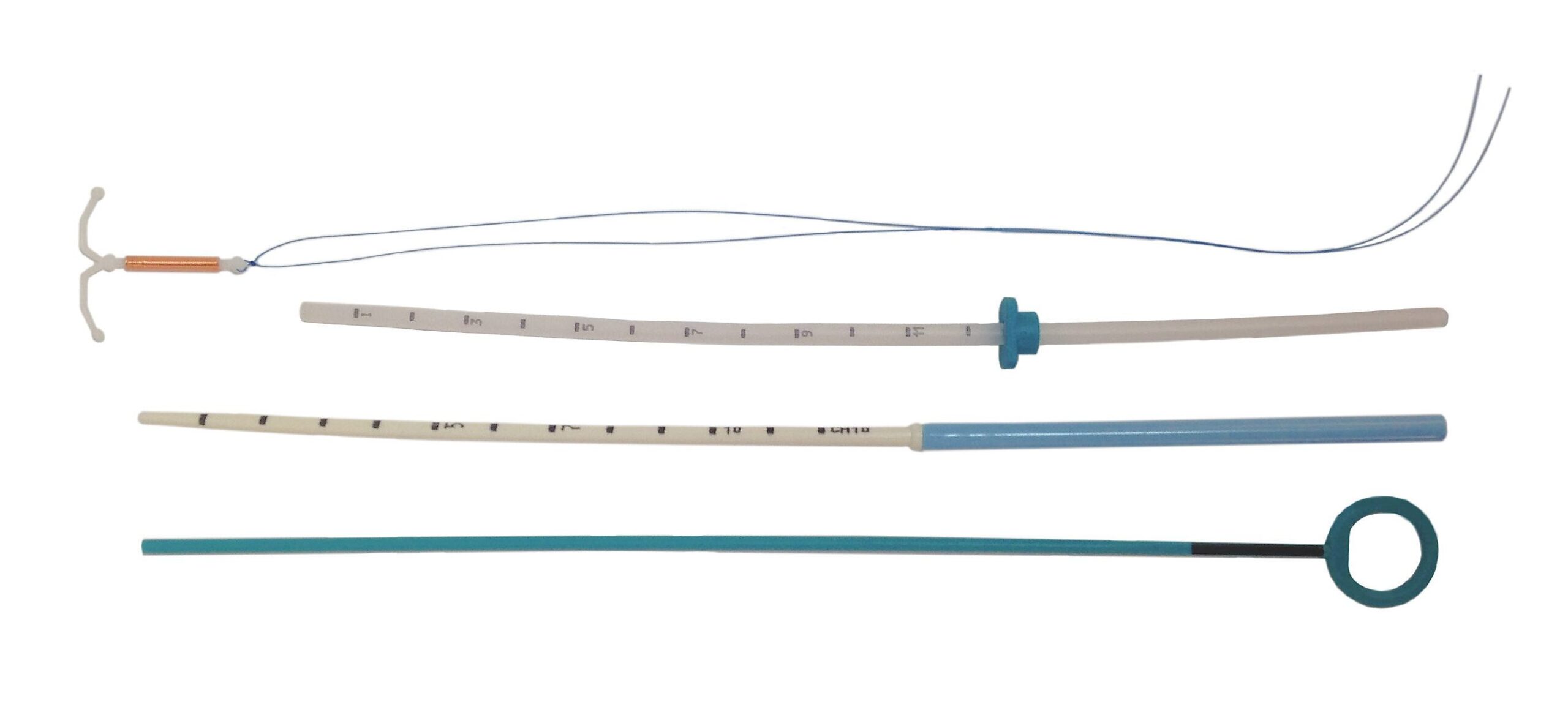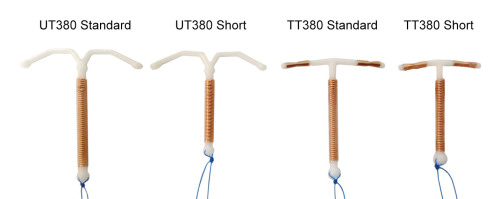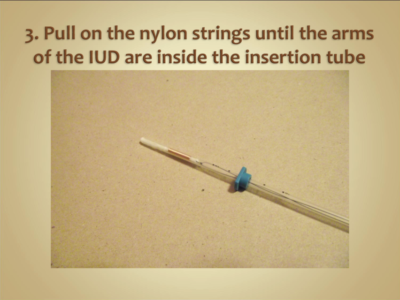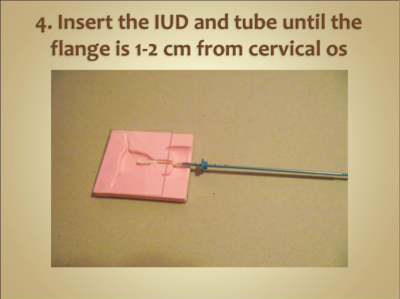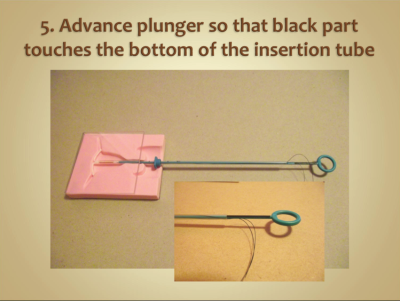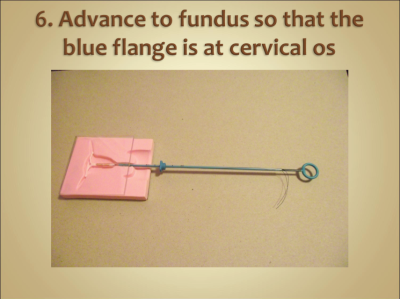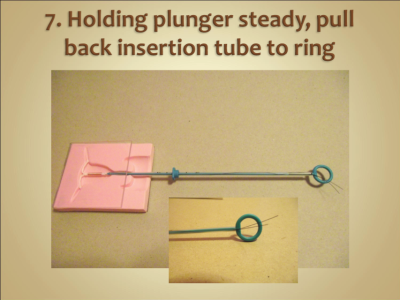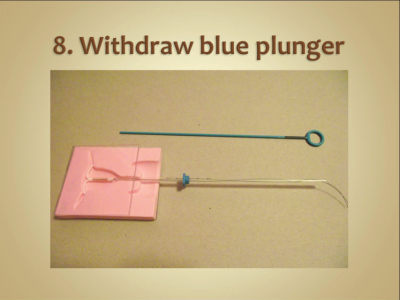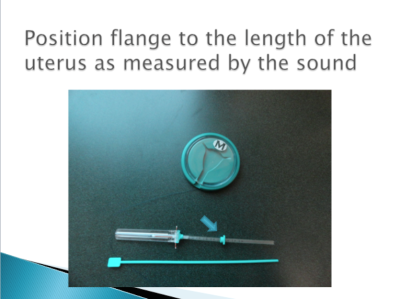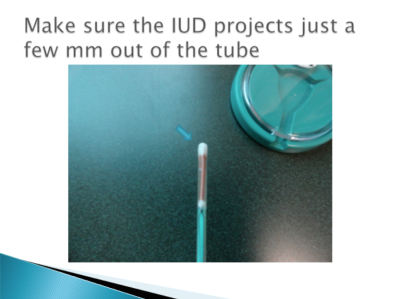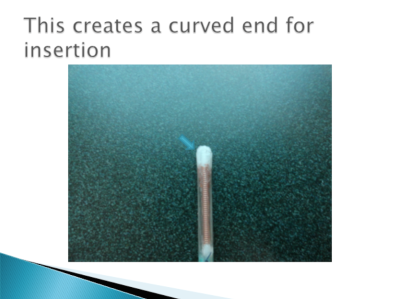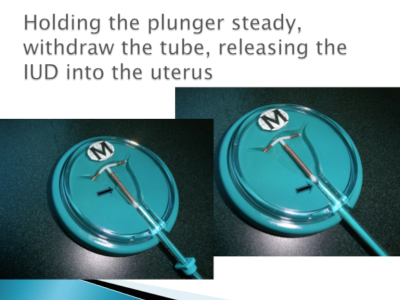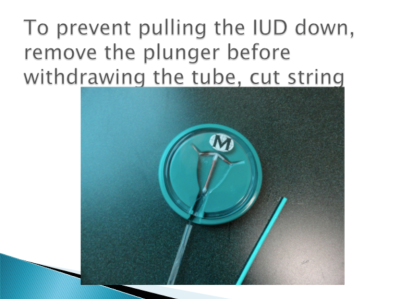Why are copper IUDs popular ?
Copper IUDs can be effective for up to 10 years. They may increase period length and flow by an estimated 20-50%, so patients with heavy periods should consult their healthcare provider. Women with heavy, painful periods should consult their doctor. The copper IUD is also very effective as emergency contraception. Read more about IUDs as Emergency Contraception, here – and here .
( Note: ” Copper IUDs are over 99% effective to prevent pregnancies if inserted within 7 days AFTER unprotected intercourse (for example, when a condom breaks during sex). This is because the copper ions released from the IUD work directly against the sperm and egg and prevent a fertilized egg from attaching to the uterus. This is not an abortion, because you are not pregnant until an egg has attached to your uterus. Hormonal IUDs (Mirena and Jaydess) are not effective for emergency contraception.” — information courtesy Willow Women’s Clinic, Vancouver, BC. )
Use:
Copper IUDs do not require daily attention and are designed for continuous use. They may be an option for those unable to take hormonal contraception.
Insertion:
Doctors will check the size and position of a patient’s uterus. The doctor puts a speculum into the vagina so that they can see the cervix and check for any infection. Usually freezing is used with a local anesthetic prior to insertion of the IUD. Most women feel a pinching feeling and may experience cramps for a few minutes when the IUD is inserted. Taking ibuprofen an hour before an IUD placement helps reduce cramping. The best time to insert an IUD is during or just after a period, but they can be inserted any time, as long as a patient is not pregnant.
If you experience any issues following IUD insertion, consult your healthcare provider asap.
DOCTORS/CLINICS: For further guidance on managing IUD-related issues, please refer to the Replacement Authorization Form.
Risks:
There is a minimal risk of infection shortly after insertion. It’s recommended to consult your provider about any health concerns. Patients are usually checked by their doctor and antibiotics are given to those who are at high risk for infection (for example, women with more than one sexual partner). There are no long-term effects on fertility. There may be a 5% chance per year of the IUD being rejected or of falling out. It is a good idea to consult your doctor about IUDs. There is about a 1/1000 chance of the IUD perforating the uterus or of the IUD positioning itself into the wrong place, requiring a doctor’s attention for removal. Perforations heal and do not cause any problems later with pregnancy.




